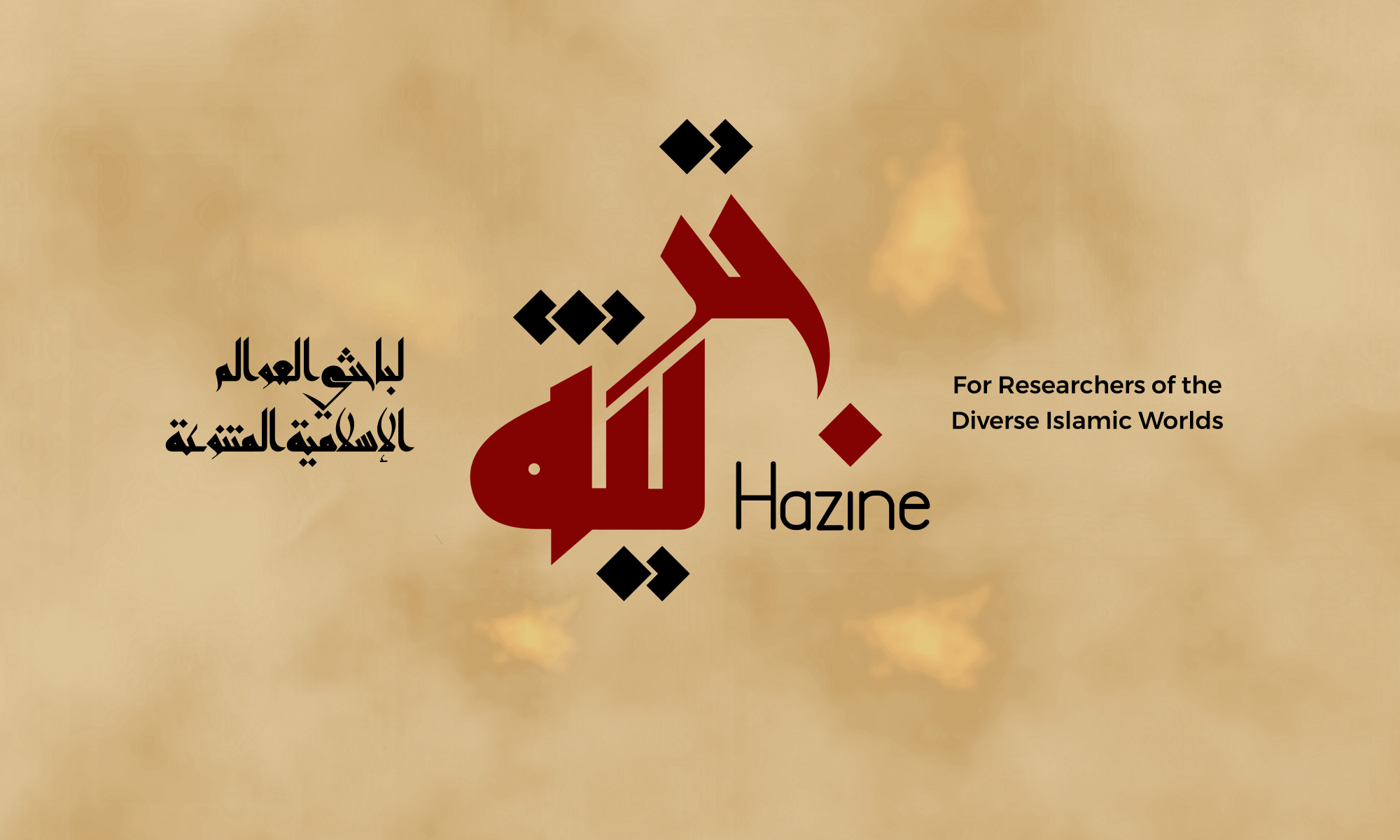By Torsten Wollina (MSC Cofund Fellow, Trinity Long Room Hub, Trinity College Dublin)
There are several noteworthy initiatives in Germany that are pushing the boundaries of #openaccess to both sources and secondary literature. Only recently, a joint project of several German university and research libraries has received funding for creating an online union catalogues for manuscripts in the Arabic script held by those libraries (named Orient digital). Leipzig University is home to the long-term project Bibliotheca Arabica which aims at a reassessment of Arabic literary history by putting it in conversation with manuscript studies. Unofficially, it has already been described as Brockelmann 2 (or 2.0). The digitization project Translatio at Bonn University is currently identifying periodicals in Arabic, Persian and Ottoman Turkish published between 1860 and 1945 and makes them accessible online. Yet another initiative is the Bamberger Islam-Enzyklopädie headed by Patrick Franke. It provides a framework which aims at engaging scholars to disseminate their expertise on Wikipedia in German. Through this encyclopedia, authored Wikipedia articles become visible as citable publications.
At the moment, by far the largest initiative towards #openaccess is hosted by the University- and State Library Saxony-Anhalt (Halle). It offers two main online resources: MENALIB is the virtual specialist library but I will be focusing here on the online repository MENAdoc because it is, in my opinion, a truly unique treasure trove of primary and secondary sources.
Continue reading “Yes, you should use MENAdoc and here’s why and how”
